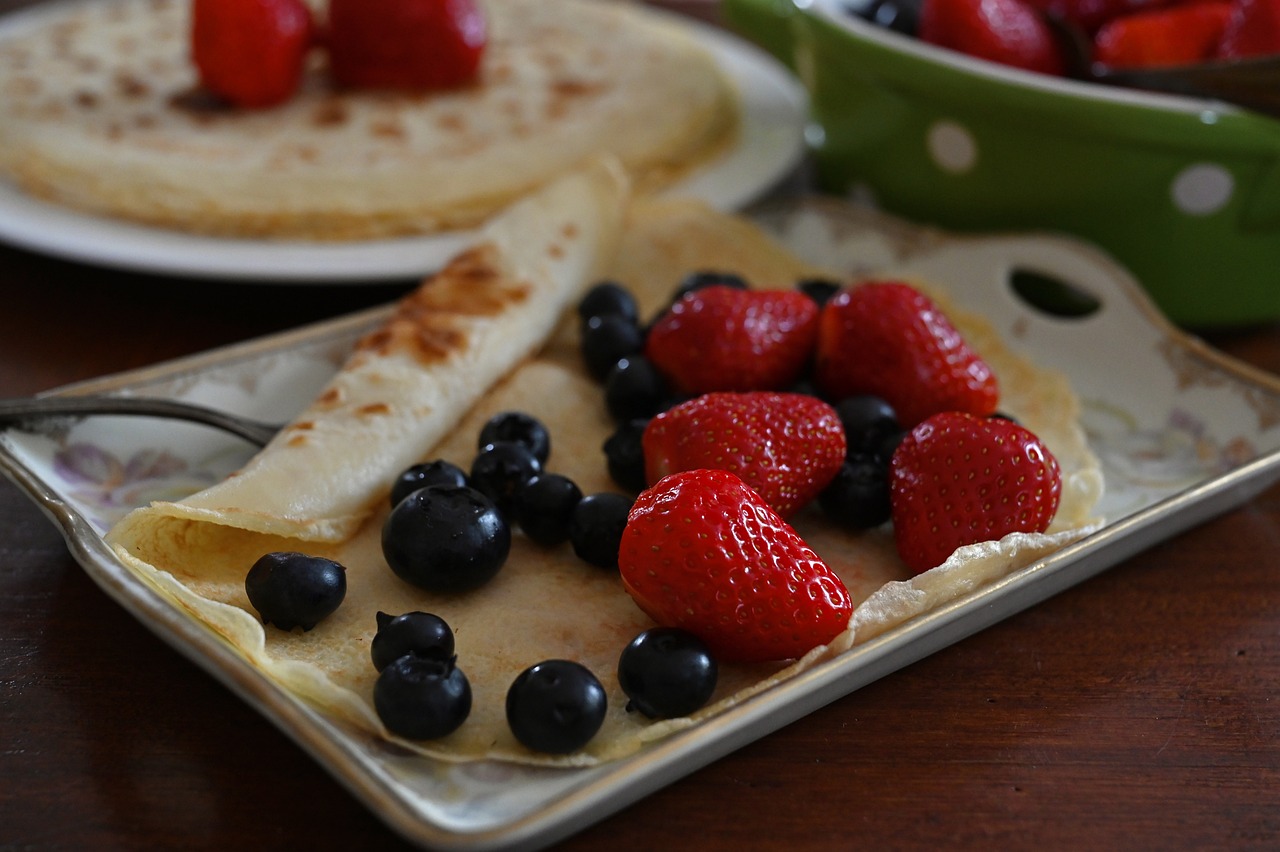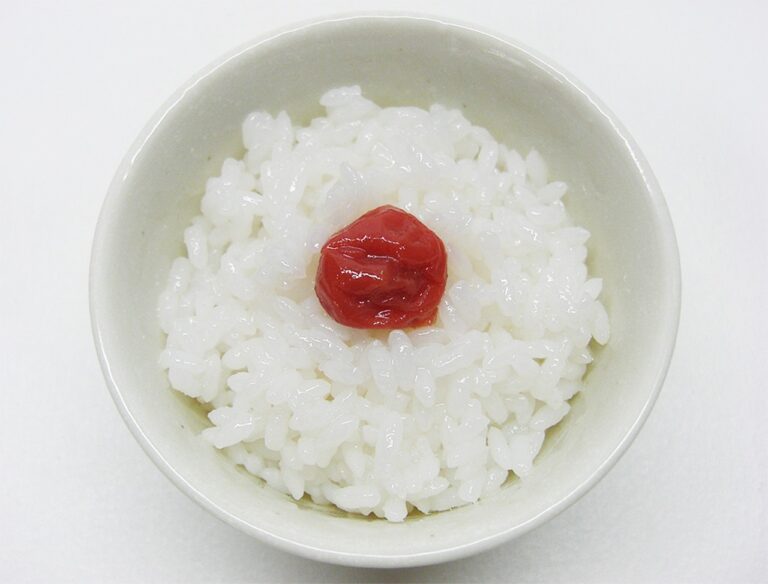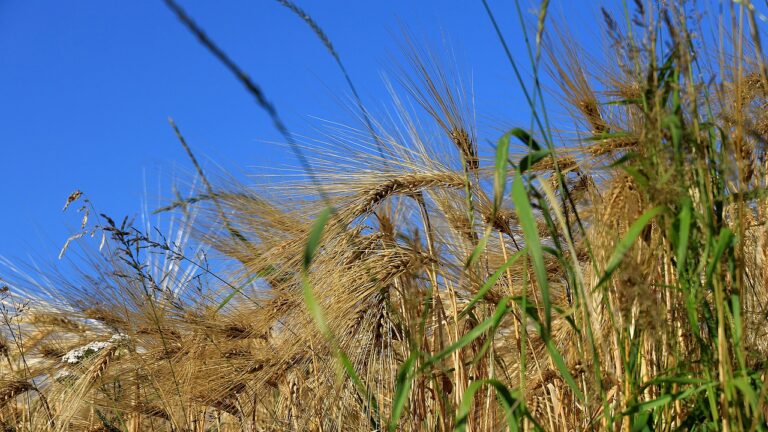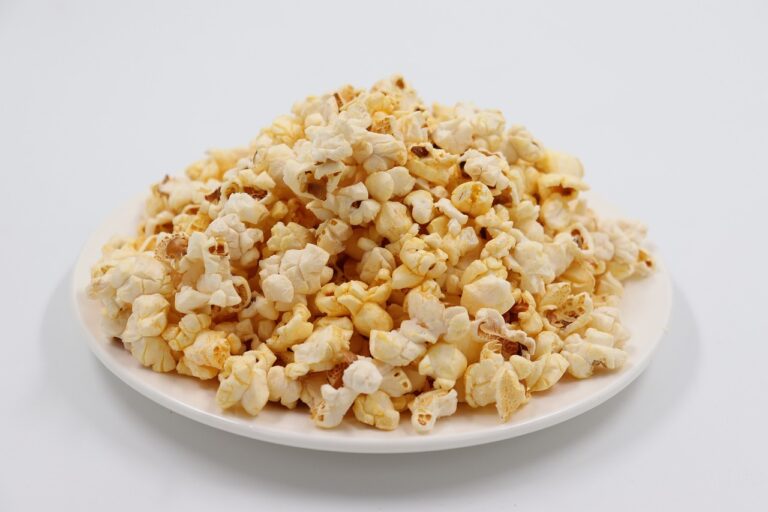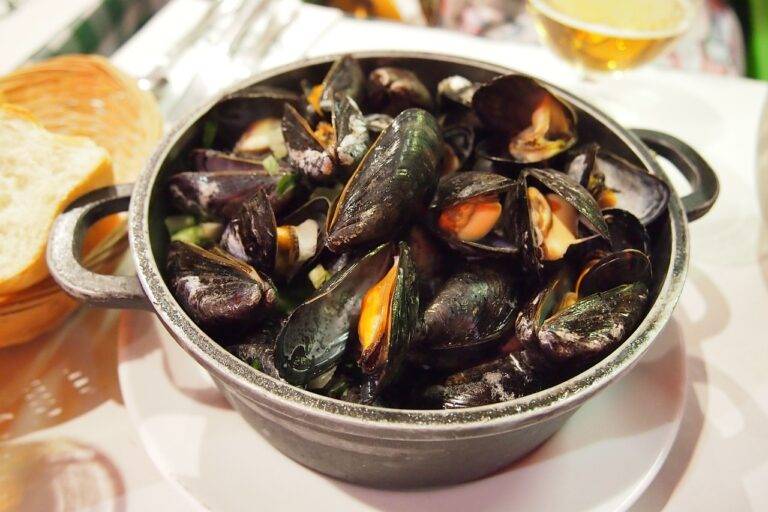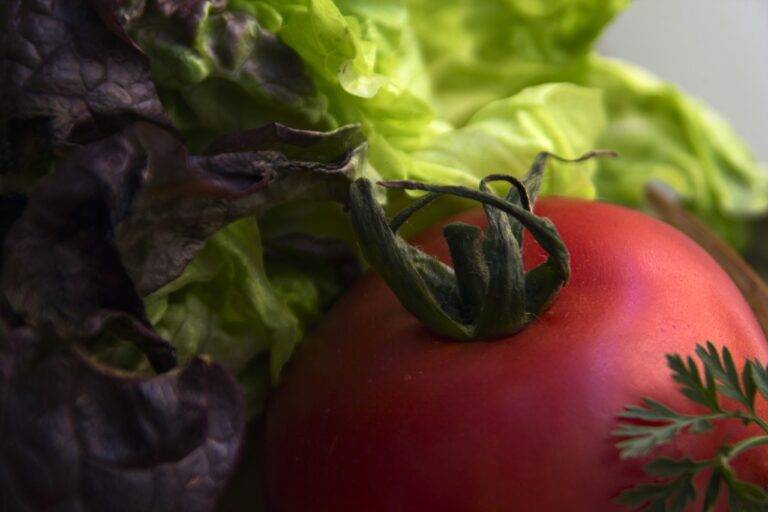Understanding the Role of Zinc in Pet Food for Skin and Coat Health: Sky247 com login password, Gold365 game login, Gold 365 green
sky247 com login password, gold365 game login, gold 365 green: As pet owners, we all want our furry friends to have healthy skin and a shiny coat. One important nutrient that plays a crucial role in achieving this is zinc. Zinc is an essential mineral that is necessary for the overall health and well-being of our pets. In this article, we will dive into the importance of zinc in pet food for skin and coat health.
What is Zinc and Why is it Important?
Zinc is a trace mineral that is vital for the proper functioning of various bodily processes in both humans and animals. It plays a key role in maintaining a healthy immune system, supporting wound healing, and promoting healthy skin and coat. Zinc is also important for the metabolism of fats, carbohydrates, and proteins, as well as for the production of enzymes and hormones.
When it comes to our pets, zinc is especially important for maintaining healthy skin and a shiny coat. A deficiency in zinc can lead to a variety of skin issues, such as dryness, flakiness, itching, and even hair loss. In severe cases, a zinc deficiency can result in a condition known as zinc-responsive dermatosis, which can cause severe skin lesions and hair loss.
How Does Zinc Benefit Skin and Coat Health?
Zinc plays a crucial role in the production of keratin, a protein that is essential for maintaining healthy skin and coat. Keratin helps to strengthen the skin barrier, protect against environmental toxins and allergens, and promote the growth of healthy hair. Zinc also has anti-inflammatory properties that can help to reduce redness, itching, and irritation in the skin.
Additionally, zinc is important for maintaining the proper balance of oils in the skin. This is crucial for preventing dryness and flakiness, as well as for promoting a shiny and lustrous coat. Zinc also helps to support the immune system, which can help to prevent skin infections and other issues that can impact the health of the skin and coat.
How to Ensure Your Pet is Getting Enough Zinc
The best way to ensure that your pet is getting enough zinc is to provide them with a balanced and nutritious diet. Many commercial pet foods are formulated to provide all of the essential nutrients that your pet needs, including zinc. Look for pet foods that list zinc as an ingredient, such as zinc sulfate, zinc oxide, or zinc proteinate.
It’s also important to note that some pets may have higher zinc requirements than others. Breeds that are prone to skin issues, such as bulldogs, terriers, and retrievers, may require more zinc in their diet. If you have concerns about your pet’s skin and coat health, consult with your veterinarian to determine if a zinc supplement is necessary.
FAQs
1. How much zinc does my pet need?
The amount of zinc that your pet needs depends on their age, size, and breed. In general, adult dogs and cats require around 50 mg of zinc per day. However, it’s important to consult with your veterinarian to determine the right amount of zinc for your pet.
2. Can my pet get too much zinc?
Yes, it is possible for pets to get too much zinc, which can lead to toxicity. Symptoms of zinc toxicity include vomiting, diarrhea, lethargy, and loss of appetite. It’s important to follow the recommended dosage guidelines for any zinc supplements and discuss any concerns with your veterinarian.
3. Are there natural sources of zinc for pets?
Yes, there are natural sources of zinc that you can incorporate into your pet’s diet. Some of these sources include meat, fish, eggs, dairy products, and certain fruits and vegetables. However, it’s important to ensure that your pet is getting enough zinc from their diet alone, as supplementation may be necessary in some cases.

